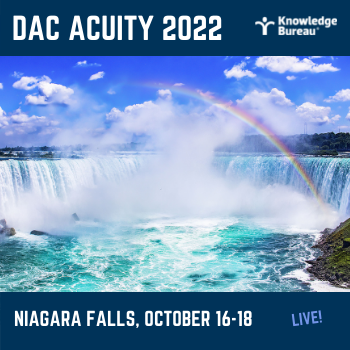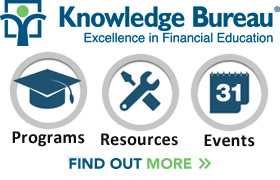
Immediate Expensing Rules: Good Tax Policy?
Over the course of the last two federal budgets (April 16, 2024 and November 4, 2025), the rules for claiming Capital Cost Allowance (CCA) have been uncertain. The proposal to extend immediate expensing rules for certain acquired assets were paused for over a year and then re-introduced in a series of four complex measures which together with new rules for Scientific Research and Experimental Development have become known as the “Productivity Super-Deduction”. A backdrop appears below. The key question: will this complexity be effective as an economic stimulator?New Climate Action Incentive – Is Anyone Ready?
 Residents of Alberta, Saskatchewan, Manitoba, and Ontario received the full-year Climate Action Incentive for 2021 when they filed their 2020 tax returns. Eligibility was based on their province of residence and family situation as of December 31, 2020. Did you know that for 2022, everything has changed?
Residents of Alberta, Saskatchewan, Manitoba, and Ontario received the full-year Climate Action Incentive for 2021 when they filed their 2020 tax returns. Eligibility was based on their province of residence and family situation as of December 31, 2020. Did you know that for 2022, everything has changed?
Defining New Realities: Headliners at DAC 2022 Are Truly Outstanding
 This year’s thought leaders will be taking the stage at DAC Acuity 2022, October 16-18 in Niagara Falls to discuss the theme “Velocity: How to Gain Momentum in the New Economy”, as we move into a crucial time that requires defining new realities and taking new financial strategies with clients in the ever evolving new economy. Learn more about the speakers and their topics you can’t miss! RSVP now, and take advantage of early-bird tuition rates – only until August 31.
This year’s thought leaders will be taking the stage at DAC Acuity 2022, October 16-18 in Niagara Falls to discuss the theme “Velocity: How to Gain Momentum in the New Economy”, as we move into a crucial time that requires defining new realities and taking new financial strategies with clients in the ever evolving new economy. Learn more about the speakers and their topics you can’t miss! RSVP now, and take advantage of early-bird tuition rates – only until August 31.
Protecting Client Privacy is Ethically and Morally Essential in Business
 In the digital era of networking and cyberspace, establishing ethical standards for privacy is especially urgent. The collection of your client’s very personal and financial information, usually through electronics has brought privacy to the forefront of everyone’s mind. The people submitting the information and those collecting the information should be extremely concerned about privacy protection and compliance.
In the digital era of networking and cyberspace, establishing ethical standards for privacy is especially urgent. The collection of your client’s very personal and financial information, usually through electronics has brought privacy to the forefront of everyone’s mind. The people submitting the information and those collecting the information should be extremely concerned about privacy protection and compliance.
MFA-P Discovery Seminar: How Can Advisors Build Their Business by Supporting Their Community?
 Professional advisors and charity professionals all focus and spend time in our individual specialty areas. On June 23 at 12 PM CST/ 1:00 PM EST, let’s spend some time discussing how these professionals can work collaboratively to enhance the client/donor experience with panelists MFA-P™ alumni Candice Jay and Aneil Gokhale. RSVP now for this complimentary MFA-P™ Discovery Seminar.
Professional advisors and charity professionals all focus and spend time in our individual specialty areas. On June 23 at 12 PM CST/ 1:00 PM EST, let’s spend some time discussing how these professionals can work collaboratively to enhance the client/donor experience with panelists MFA-P™ alumni Candice Jay and Aneil Gokhale. RSVP now for this complimentary MFA-P™ Discovery Seminar.
Prescribed Rates Going Up July 1: Pay Taxes, Make Tax Efficient Spousal Loans Now
 Prescribed interest rates are about to rise for July 1 to September 30. One interesting and potentially beneficial financial strategy to grow the family’s wealth is to draw up an interspousal loan. The time to draw up the paperwork and lock in the current 1% prescribed rate is before the end of the month - June 30. Taxpayers who owe money to CRA will want to pay up before then too. Here are the details:
Prescribed interest rates are about to rise for July 1 to September 30. One interesting and potentially beneficial financial strategy to grow the family’s wealth is to draw up an interspousal loan. The time to draw up the paperwork and lock in the current 1% prescribed rate is before the end of the month - June 30. Taxpayers who owe money to CRA will want to pay up before then too. Here are the details:


